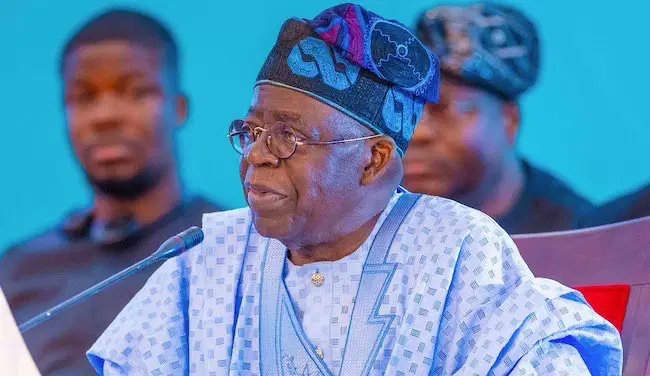The Nigerian Federal Government, through Education Minister Dr. Tunji Alausa, announced a significant policy on September 11, 2025, aimed at elevating teaching standards. Secondary schools, whether public or private, that employ unqualified teachers risk losing their status as examination centers for key national exams, such as WAEC (WASSCE), NECO, NABTEB, and SAISSCE. This directive seeks to enforce professional standards by requiring all teachers to be registered and licensed by the Teachers Registration Council of Nigeria (TRCN), addressing the critical issue of unqualified educators in the system.
To ensure a smooth transition, the government has set a phased compliance timeline. Schools are expected to achieve at least 75% compliance with teacher certification by 2026, with full enforcement starting in 2027, March for WASSCE, May for NABTEB, and June for NECO and SAISSCE. Schools failing to meet these standards will be barred from hosting these exams. The policy responds to data from the TRCN in 2023, which revealed that up to 70% of teachers in some regions lack proper qualifications, negatively impacting educational quality and student performance.
To support compliance, the government is encouraging state authorities to facilitate teacher certification within two years. Non-education graduates with at least 12 months of teaching experience can enroll in a condensed 3-6 month program through the National Teachers Institute (NTI) to obtain TRCN licensing. The TRCN will monitor adherence, and extensive awareness campaigns are planned to minimize disruptions. The policy has generated varied reactions on platforms like X, with many acknowledging its potential to strengthen the education sector, though concerns remain about its implementation challenges.













